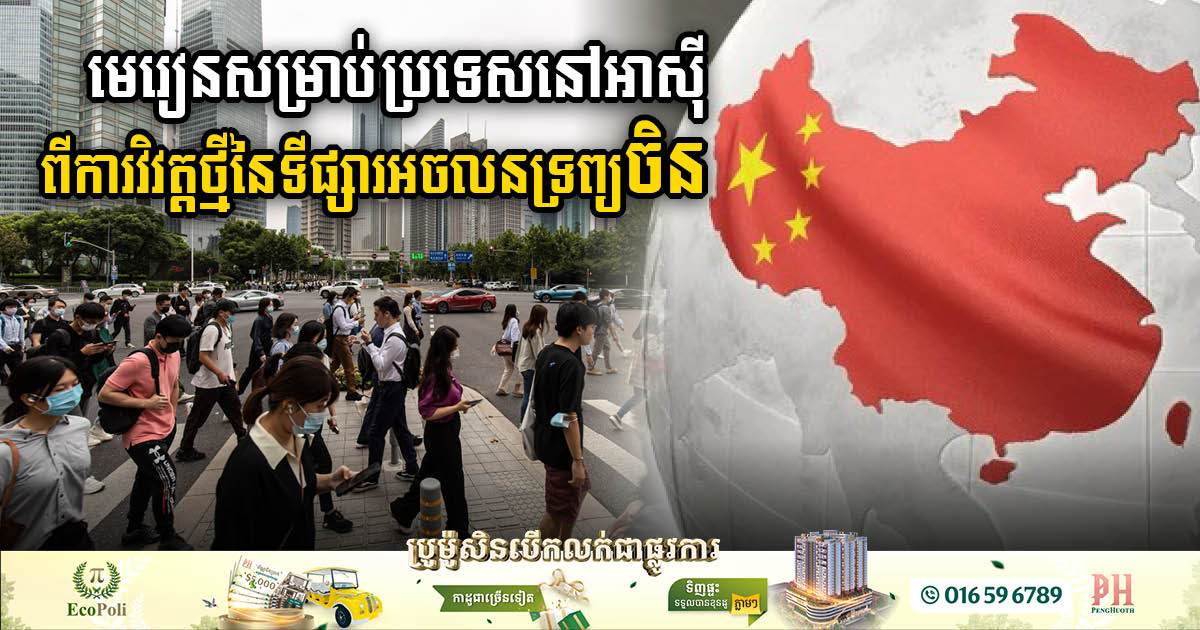In the first quarter of 2024, PPAPort earned more than US$8 million, an increase of 7%
In the first quarter of 2024, the Phnom Penh Autonomous Port earned US$ 8,064,657, an increase of 7% compared to the same period in 2023, while not yet audited. This is according to the press release dated April 12, 2024. This revenue was divided into port operations revenue of US$ 6,517,185, an increase of 12%, […]
Tous Les Jours Bakery Returns to Phnom Penh Amid Cambodia’s Economic Surge
In a strategic move driven by Cambodia’s robust economic growth and burgeoning market potential, the renowned bakery chain Tous Les Jours has announced its comeback to Phnom Penh after a year-long hiatus. Reported by Maeil Business News Korea on April 29, a franchise agreement has been inked between CJ Foodville and global restaurant franchise EFG, […]
Cambodia-China Bilateral Trade Surges to US$10 Billion, 4.6% Up, in the First 10 Months of 2023
Cambodia’s trade with China flourished in the first 10 months of 2023, with bilateral trade volume reaching an impressive US$10 billion, marking a notable 4.6% increase compared to the previous year. This announcement was made by National Assembly President Samdech Khuon Sodary during a productive working meeting with HE ZHANG Qingli, Vice Chairman of the […]
Cambodia’s Furniture Market Set to Surge from $100 Million to Over $1 Billion by 2033
The Cambodian furniture market, though relatively small, is primed for substantial expansion in the coming years, with exports projected to soar to $1.484 billion by 2033, as outlined in “The Cambodia Furniture Industry Research Report 2024-2033” published by finance.yahoo on April 17, 2024. Despite a slight downturn in 2023, Cambodia’s furniture manufacturing sector has exhibited […]
Construction Material Imports Surge nearly US$350 million in Q1 2024, Reflecting Cambodia’s Booming Construction Sector
In the first quarter of 2024, Cambodia witnessed a remarkable surge in its construction sector, as imports of construction materials soared to an impressive US$349 million, marking a significant increase of 22.24 percent compared to the same period last year. This data, derived from the General Department of Customs and Excise, illuminates the thriving growth […]
Chinese Developer Shimao Faces Liquidation Order Over US$200Mil Loan
Chinese property developer Shimao Group is facing a liquidation petition filed by China Construction Bank (Asia) over a financial obligation of HK$1.6 billion (US$204 million), according to the company’s statement released on Monday and updated by Business Times Apr 8, 2024. In a filing to the Hong Kong Stock Exchange, Shimao Group announced its intention […]



 ខ្មែរ
ខ្មែរ







